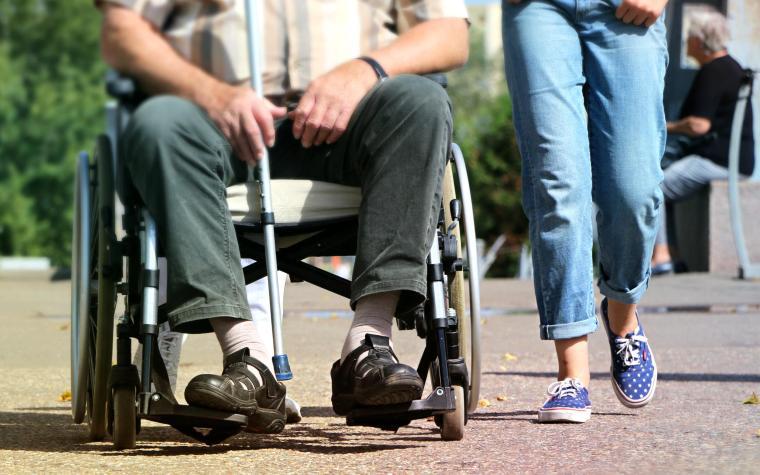
The ALS Association said research in FUS gene mutations and its affect on the cells of the central nervous system is offering new insights into the mutations known to cause inherited ALS.
Max Planck Institute for Molecular Biomedicine researcher Erik Storkebaum and University of Strasbourg, France, researchers Dr. Luc Dupuis and Dr. Jelena Scekic-Zahirovic studied the effect of the mutated FUS gene on other central nervous system cells, a release on the ALS Association website said. The researchers developed a mouse model that allowed them to turn the mutant gene on and off.
When the mutant gene was "on," the mice developed ALS symptoms, including weakness and motor neuron degeneration. As the testing progressed, the investigators turned the mutant gene off in the motor neurons, but left it on in other cells.
The motor neurons did not die when the gene was "off." The oligodendrocyte cells, which were left "on," were found to be abnormal. In addition, the mice developed ALS-like weakness, but at a slower rate than they would have if the motor neurons were "on."
The research found that mutant FUS affected both motor neurons and other central nervous system cells. As therapies are developed, the treatments will have to address both the motor neurons and other types of cells to ensure positive results in ALS patients.